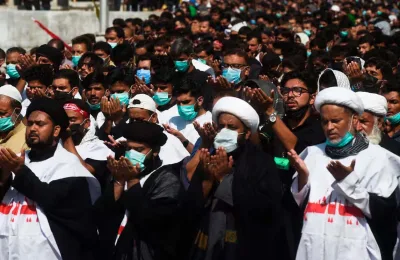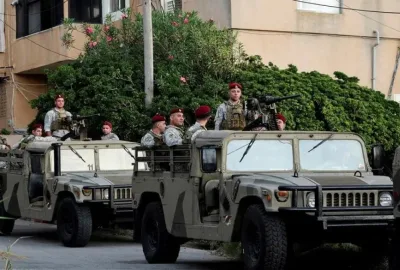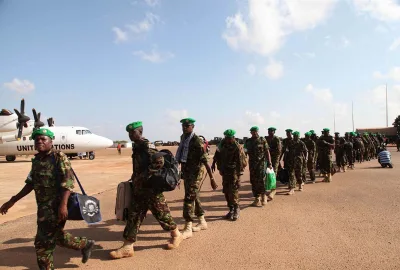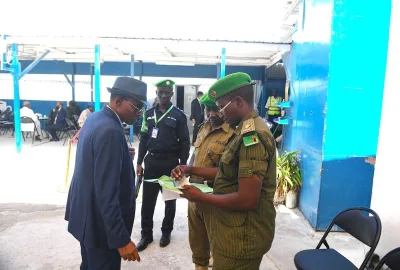Journalists in Somalia are making their own unique strides towards reducing and eventually eliminating female genital…

Journalists in Somalia are making their own unique strides towards reducing and eventually eliminating female genital mutilation (FGM), said the National Union of Somali Journalists (NUSOJ).
In partnership with the United Nations Population Fund (UNFPA), NUSOJ has begun a national capacity building programme to equip journalists to frame FGM stories within a human rights framework in order to help ensure that media reports are crafted with the accuracy, empathy, and gender sensitivity they deserve.

The training programme which is currently implemented in Mogadishu and the five Federal Member States, is designed to sensitise approximately 400 female and male journalists through six training activities across the country. Training activities were already concluded in Banadir region, Southwest, Hirshabelle, Galmudug and Jubaland which were running concurrently in Mogadishu, Baidoa, Dhusamareb, Bardhere and Beledweyne, followed by similar action in Puntland.

The practice of FGM as well as reporting on it, is a complex exercise in Somalia. There are deeply felt beliefs about FGM that can often be extremely polarising. An informed view, one that recognises the push and pull social, cultural and economic factors that make the practice so entrenched in communities, is absolutely necessary. The multifaceted nature of FGM means journalists must make use of a set of tools that will provide guidelines on reporting.

“The media has a very strong role to play in setting an agenda and influencing public opinion. Somali journalists must know the Do’s and Don’ts of reporting on FGM,” says Omar Faruk Osman, NUSOJ’s Secretary General. “For this reason, we are grateful for this nationwide training programme which will assist journalists in communicating key messages related to FGM such as understanding of FGM practice, prevalence and trends and where to seek help.”

The failure to report comprehensively and ethically about FGM runs the risk of stereotyping young women and girls who have undergone FGM. This helps to place a significant number of young women and girls in even more vulnerable powerful positions. Both NUSOJ and UNFPA abide by the principle of Do No Harm; reports that place harmful cultural practices such as FGM over the human rights of women and girls put these groups at greater risk of violence.

The global importance of eradicating FGM is reflected in Goal 5 of the Sustainable Development Goals (SDGs). Target 5.3 under this goal requires countries, including Somalia, to take action to “eliminate all harmful practices, such as child, early and forced marriage and female genital mutilation” by 2030. These goals are intrinsic to achieving gender equality and for all women and girls to be empowered to lead lives that are successful, meaningful and rewarding.

“NUSOJ is advocating for responsible reporting to improve public awareness, shift audiences’ perceptions, provide a voice for those who would otherwise be silenced, and expose institutional gaps that ultimately fail women,” Osman says. “This training, that will capacitate so many journalists at the same time, is truly the beginning of a momentum of change to the decades of a practice that has subjugated women and girls for too long.”
Horseed Media







